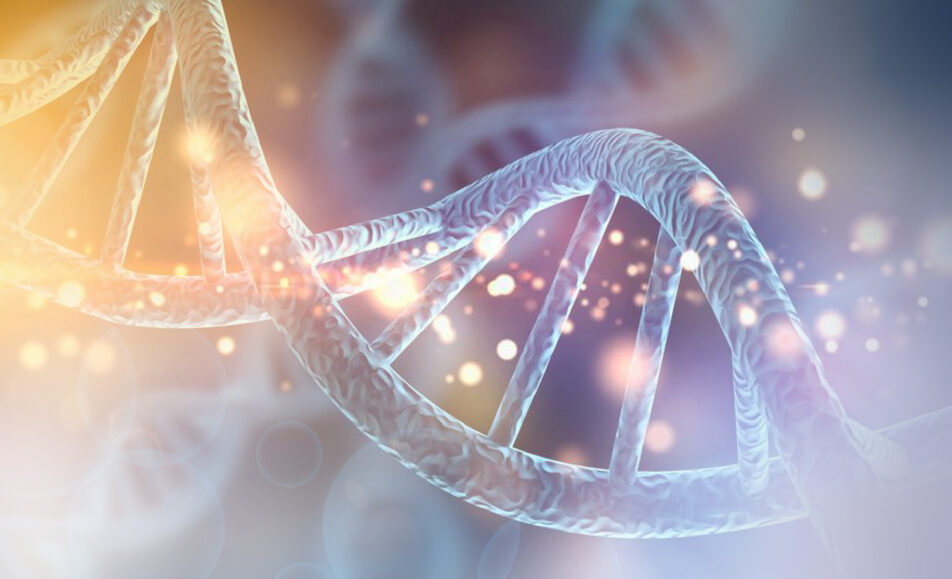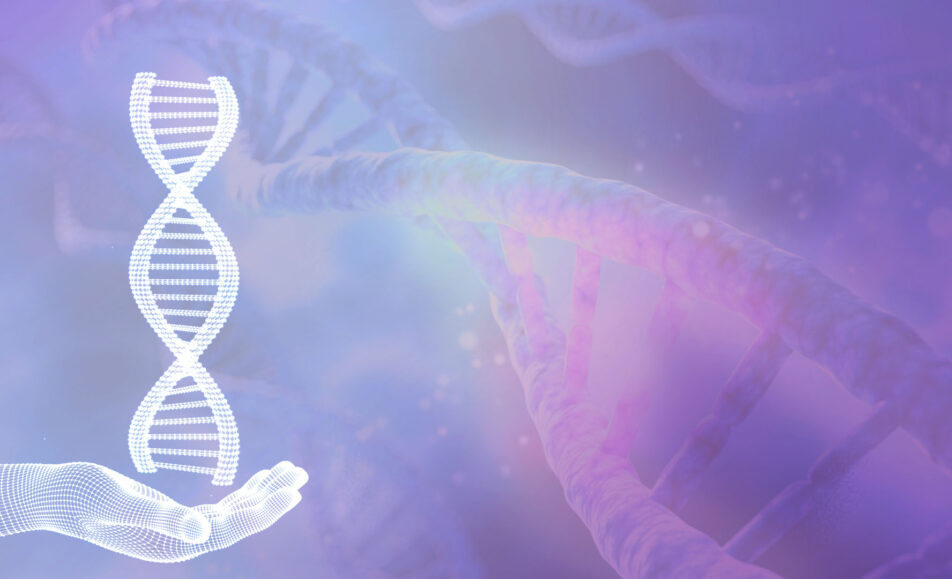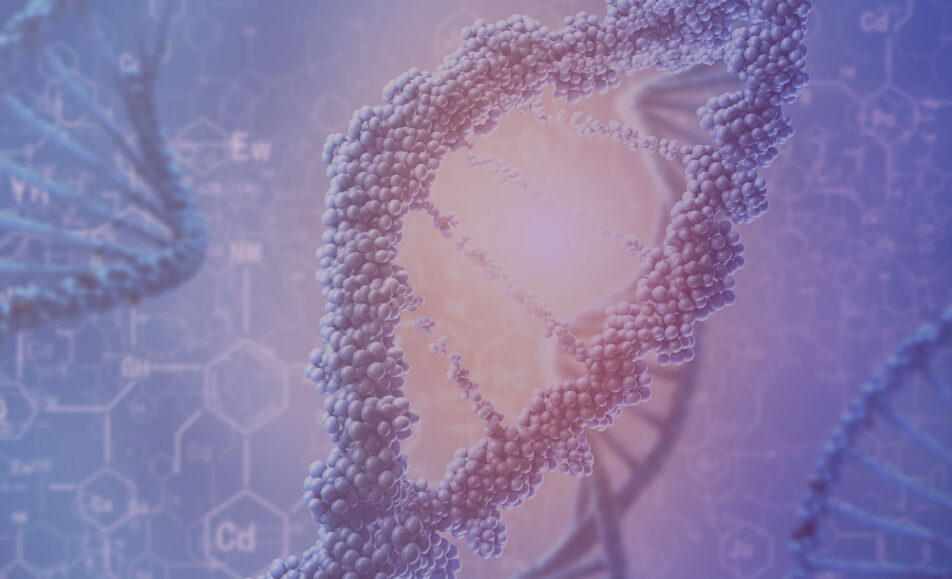
George Johnson
Associate Professor

George Johnson is an Associate Professor at Swansea University, Wales UK. He continues to work with the in vitro Toxicology group in the Institute of Life Science. He is co-chair of the Health and Environmental Sciences Institute (HESI) Genetic Toxicology Technical Committee (GTTC) and co-chair of the quantitative workgroup, working on projects including nitrosamine impurities.
George has worked on projects with US-FDA-NCTR, BfArM, European Medicines Agency (EMA), Health Canada, RIVM-Netherlands, Food Standards Agency along with the pharmaceutical industry and many other companies.
George was President of the EEMGS society in 2021-2023. George has consulted with clients including the pharmaceutical, food additive, fragrances, agrochemical and chemical industries. A major aspect of many of these projects has been the derivation of point of departure metrics for use in human health risk assessments.
DAY 1: December 4th, 2025
SESSION: Using In Vivo Mutation Data in Risk Assessments of Nitrosamines
◆ Use of genetic toxicity data for assessing nitrosamines.
◆ Calculating BMD and AI using in vivo mutation data.
◆ Recent considerations from the ICH M7.
DAY 2: December 5th, 2024
SESSION: Using relative potency of mutation and cancer data, to derive AI’s for Nitrosamines
◆ Using benchmark dose (BMD) analysis to compare potencies.
◆ Relative potency between mutation and cancer for different nitrosamines.
◆ Using relative potency to calculate acceptable intakes from in vivo mutation data.
DAY 1: November 30th, 2023
SESSION: Using genetic toxicity data to support risk assessment of nitrosamines
◆ In vivo mutation and cancer potency.
◆ Using in vivo mutation data to support potency categorisation.
◆ Next steps and upcoming data sets and approaches.







